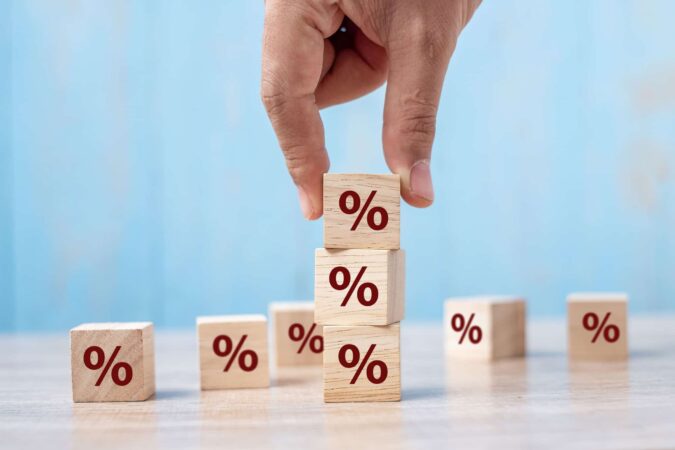Today, the Euribor price has risen three, six and 12 months, in the two longest periods to new highs since December 2008.
The 12-month Euribor rate, currently the most widely used in Portugal for variable rate home loans, rose today, set at 3.662%, plus 0.020 points, the new maximum since December 2008.
According to the Bank of Portugal, 12-month Euribor accounts for 43% of the “stock” of variable rate permanent home equity loans, while six-month Euribor represents 32%.
After rising to 0.005% on April 12, 2022, and for the first time positive since February 5, 2016, the 12-month Euribor has been in positive territory since April 21, 2022.
The 12-month Euribor average rose from 3.018% in December to 3.338% in January, plus 0.320 points.
Within six months, the price of Euribor, which entered the positive zone on June 6, also rose today, to 3.233%, up 0.035 points from the previous day and the new maximum since December 2008.
The six-month Euribor has been negative for six years and seven months (between November 6, 2015, and June 3, 2022).
The six-month Euribor increased from 2.560% in December to 2.864% in January, plus 0.304 points.
The three-month Euribor index, which entered positive territory on July 14 for the first time since April 2015, rose today, set at 2.698%, plus 0.005 points, after rising to 2.703% on February 16, a new high since January. 2009.
The three-month Euribor rate was negative between April 21, 2015 and last July 13 (seven years and two months).
The three-month average Euribor rose from 2.063% in December to 2.354% in January, an increase of 0.291 points.
Euribor started to rise further since February 4, 2022, after the European Central Bank (ECB) admitted that it may raise key interest rates this year due to rising inflation in the Eurozone and the trend strengthened with the onset of Russia’s invasion of Ukraine on February 24, 2022.
At its last monetary policy meeting, on February 2, the ECB again raised key interest rates by 50 basis points, the same as on December 15, when it began slowing the pace of increases with respect to the two previously recorded, which were 75 basis points, on respectively on October 27 and September 8.
On July 21, the European Central Bank increased, for the first time in 11 years, by 50 basis points, the three main interest rates.
Three, six and 12-month Euribor prices hit all-time lows, respectively, -0.605% on December 14, 2021, and -0.554% and -0.518% on December 20, 2021.
Euribor is fixed by averaging the rates at which a group of 57 banks in the eurozone are willing to lend money to each other in the interbank market.

“Wannabe internet buff. Future teen idol. Hardcore zombie guru. Gamer. Avid creator. Entrepreneur. Bacon ninja.”

